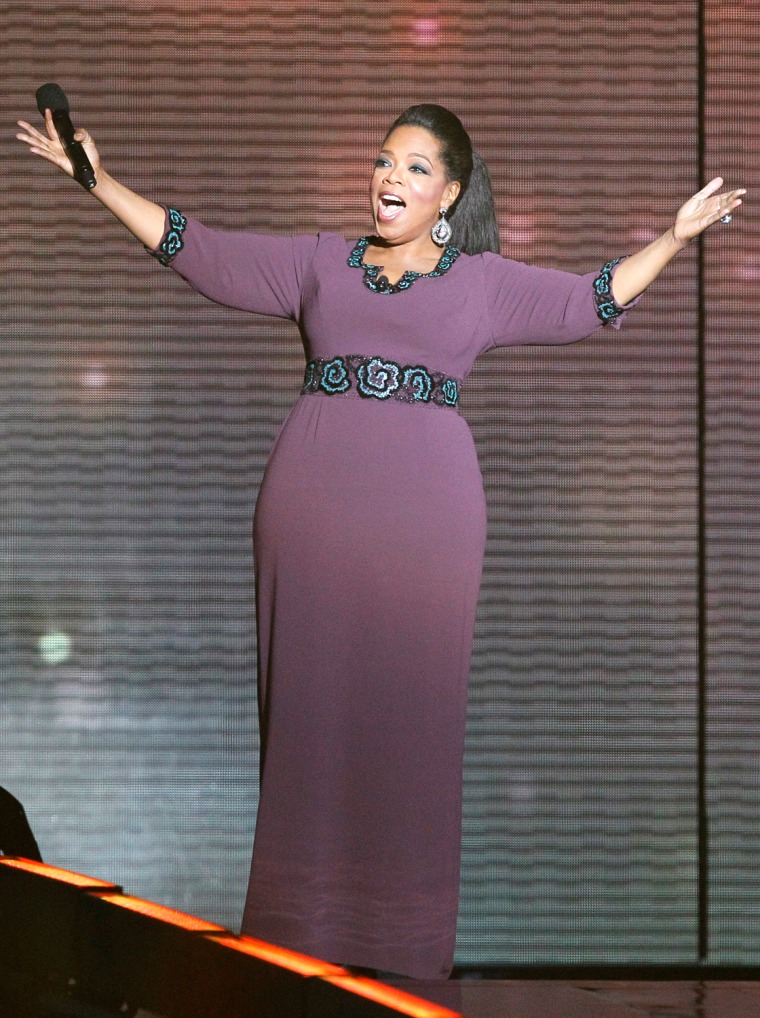When it comes to birth order, it seems that everyone has something to say. While many middle children say, “I feel invisible!” firstborns may complain about extra responsibilities. The “babies” of the family inevitably mention being “babied.”
To get the full story, I asked a group of parents to identify the best and worst parts of growing up as an oldest, middle or youngest child. Here’s what they came up with, along with a little research of my own:

Fiery firstborns
Having captured Mom’s and Dad’s sole attention for at least a year or two of their early lives, firstborns are often remarkably capable. They’re called on to do the jobs that require advanced skills, and are expected to “know better” when it comes to following rules. They often end up in a leadership position looking after younger siblings. Shouldering extra work may seem burdensome, but it comes with a benefit: firstborns are typically high achievers. In fact, according to a WebMD article in 2011, of the first 23 astronauts who made trips into space, 21 were firstborns or only children.
Firstborns also tend to be cautious and controlling, and in need of approval from parents or other authority figures.

Middle child mediators
It’s true—middle children do feel invisible. They don’t get to enjoy the prestige of the oldest child, nor do they receive the attention of the youngest. These children may look beyond their own families in attempt to feel special, and their most significant relationships may be with peers. The upside is that many middle kids become good negotiators and mediators, having practiced the skill throughout childhood.

Laid-back babies
Youngest children feel somewhat privileged growing up, getting to experience privileges such as watching PG movies or getting their ears pierced at an earlier age than older siblings. They also enjoy the extra attention garnered from their role as the “baby” of the family. However, many get used to making fewer meaningful contributions to the family as older kids step up to take on the work, a trend that can continue through adulthood. They also tend to be attention-seeking in nature, easygoing and free-spirited.
Can you relate? Chances are, your kids can too. And while there are some things you can’t control when it comes to birth order, there’s a lot you can do to give each of your kids the best start possible, no matter their place in the family.
Firstborns and only children: Make sure your firstborn or only child knows that your love isn’t dependent on what they can do or accomplish. Avoid giving too much responsibility or holding them to unreachable expectations. And when you dole out responsibilities at home, allow each child to have an age-appropriate opportunity to contribute.
Middle children: Be careful not to let your middle child fly under the radar. Solicit their opinion and respect their point of view. Watch to see if your middle child frequently gives in or goes with the flow to keep the peace, and if so, help them find ways to assert themselves.
Youngest children: Take time to teach your youngest child to make meaningful contributions to the family and do things for themselves. Expect the same effort and responsibility as you do from your older children. Give your youngest lots of positive attention, but don’t give in to demands for negative attention.
Each birth order position certainly has its ups and downs, but with some careful consideration on your part, each child will thrive, no matter their place in your family.
Amy McCready is the founder of Positive Parenting Solutions and mom to two teenage boys. Online positive discipline training from Positive Parenting Solutions helps parents of toddlers to teens correct misbehavior without nagging, reminding or yelling. Her book, If I Have to Tell You One More Time… (Tarcher/Penguin) will be available in August 2011. You can follow Amy McCready and Positive Parenting Solutions on Facebook.